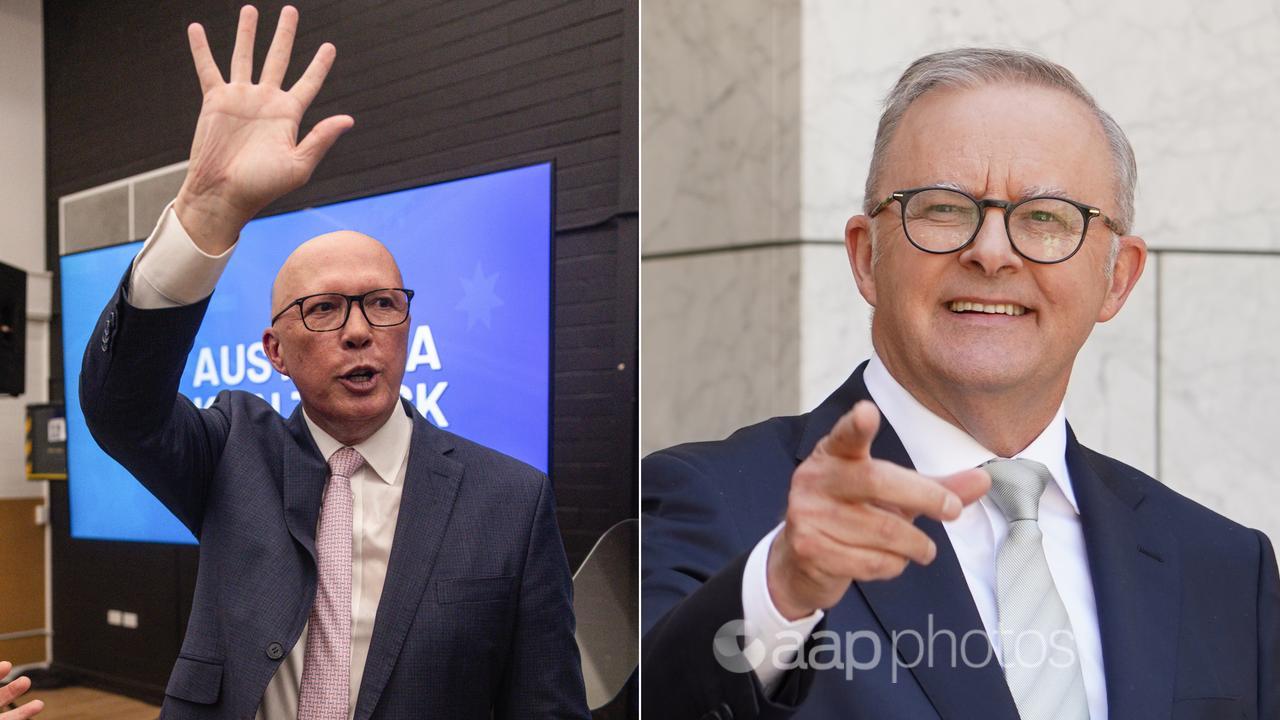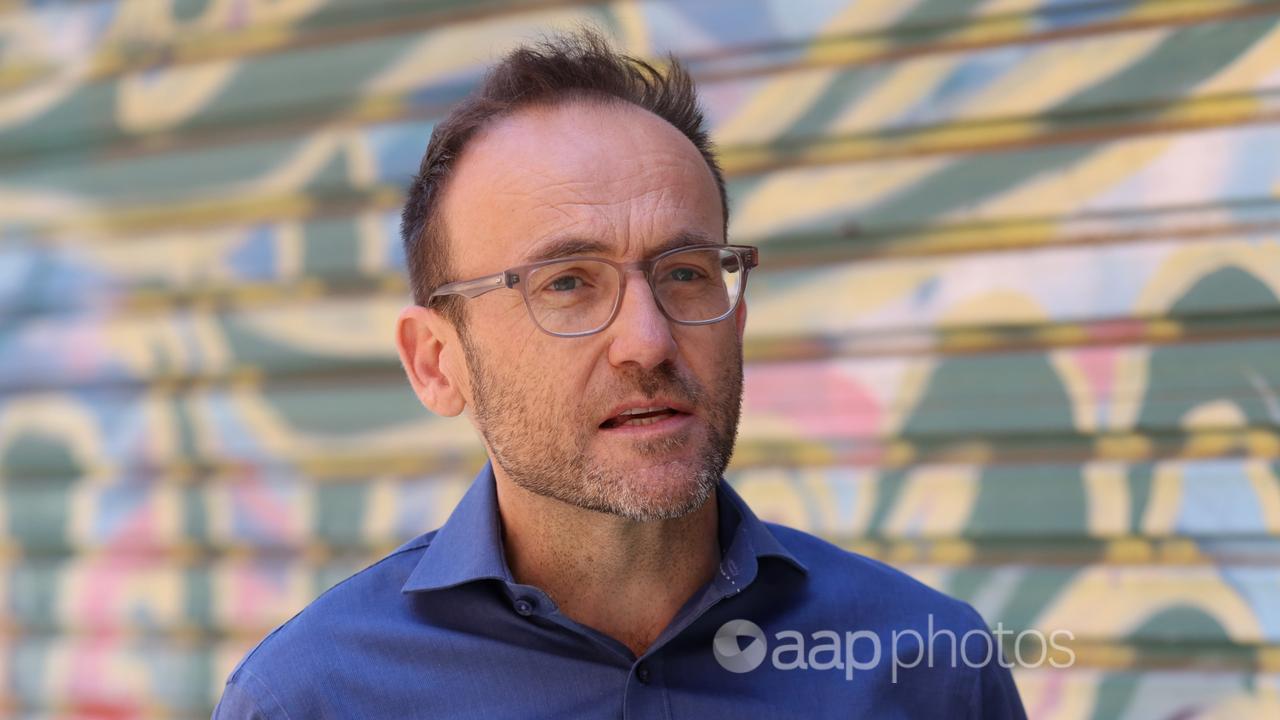The teal independents could face a political quandary as the likelihood of a hung parliament grows.
Australians have become increasingly disillusioned with the major parties and many are expected to turn to independents at the upcoming federal election.
With polls showing Labor and the coalition are neck-and-neck, neither are expected to form a majority government, which could place some independents in a difficult situation depending on the parliamentary make-up, election analyst Ben Raue said.
The “teal” independents, who generally took their seats from coalition politicians by campaigning on climate action and integrity in politics, would have to contend with their disparate voter bases when choosing between Prime Minister Anthony Albanese or Opposition Leader Peter Dutton.

“They need to win over some traditional Liberal voters to win their seat, but they also need a lot of Labor and Greens voters,” Mr Raue told AAP.
“And those seats – as we see this urban-rural shift gradually evolve – are getting more progressive.
“By 2028, supporting a Dutton government may actually prove to be quite fatal … but I’m not sure either option is great for them, so it’s a dilemma.”
During the previous hung parliament in 2010, independent MPs Tony Windsor and Rob Oakeshott – who represented historically National seats – lost political skin after aligning with Labor.
If the teals take from this example, they may choose not to do a deal with either party.
The Greens could play a significant role in a hung parliament as polls show favourable results for the minor party.
But that may not be enough for its MPs to hold ground.
The Greens had traditionally done well because their vote concentrated in places they could win, but their support had recently spread to suburban areas, Mr Raue said.

That does not mean their vote has collapsed in the city electorates, but they may not perform as well.
If the results favour the Greens, party leader Adam Bandt has said he would push the government to expand dental coverage under Medicare and urge for other progressive reforms.
Labor and coalition politicians would prefer a majority government and Mr Albanese has repeatedly ruled out working with the Greens during a second term.
But he has had a proven track record of negotiating policy through minority government during the former Gillard government, University of Tasmania public policy associate professor Kate Crowley said.
“They were enormously productive. They know how to get legislation through,” she said.
The federal election must be held before May 17 and, while the prime minister has yet to fire the starting gun, he and Mr Dutton have begun their de facto election campaigns.
Mr Albanese joined the candidates for Bass, Braddon and Lyons on a trip through Tasmania, assuring voters his government would “build Australia’s future”.
“I’m just focused on good policies and good outcomes for Australia,” he said in Hobart on Wednesday.
The opposition leader took his campaign to the bushfire-affected Grampians in regional Victoria.
“There are just too many Australians who are really struggling to keep their head above water,” Mr Dutton said in Halls Gap.
“There is a better way, we do want to get our country back on track.”



















